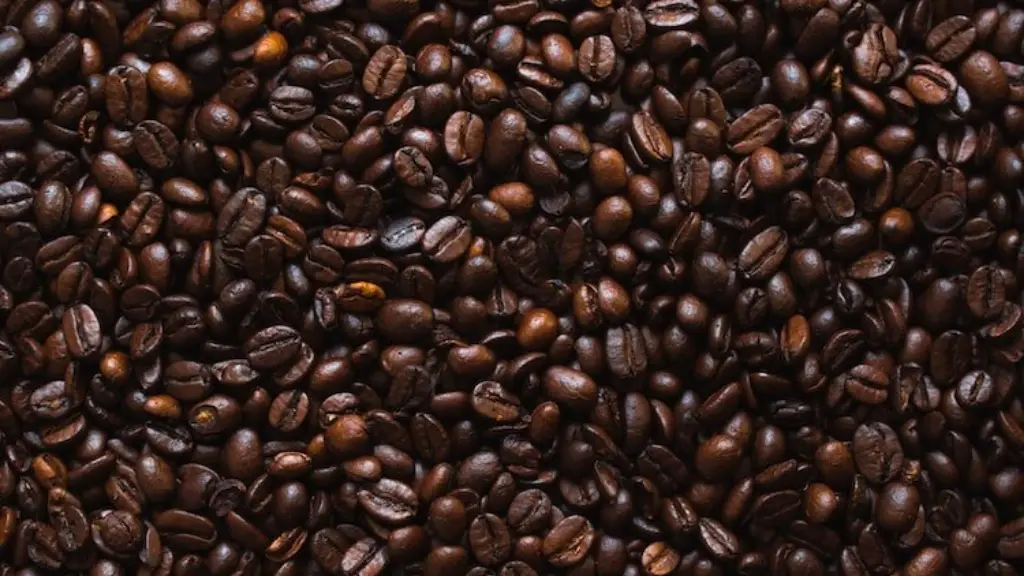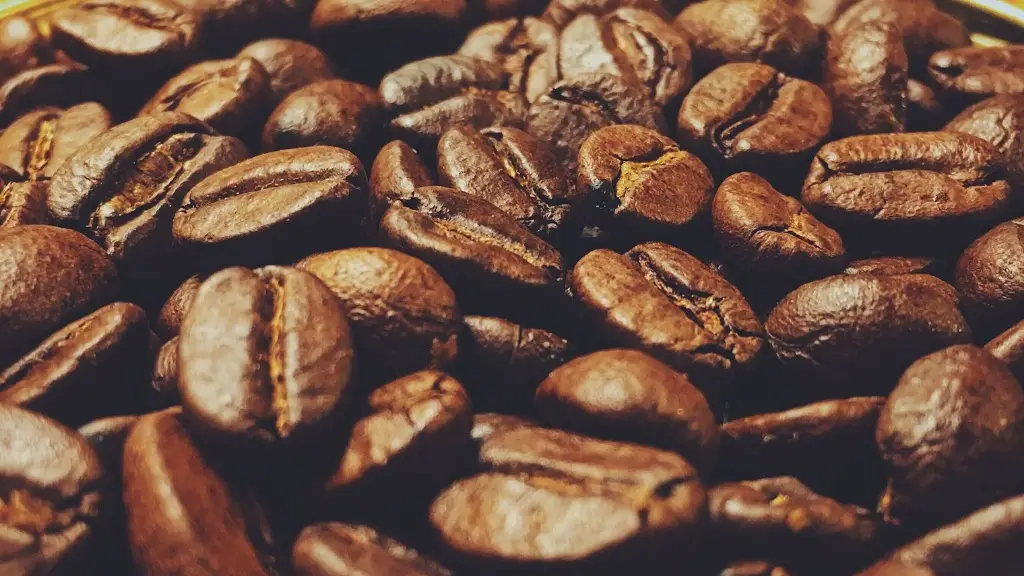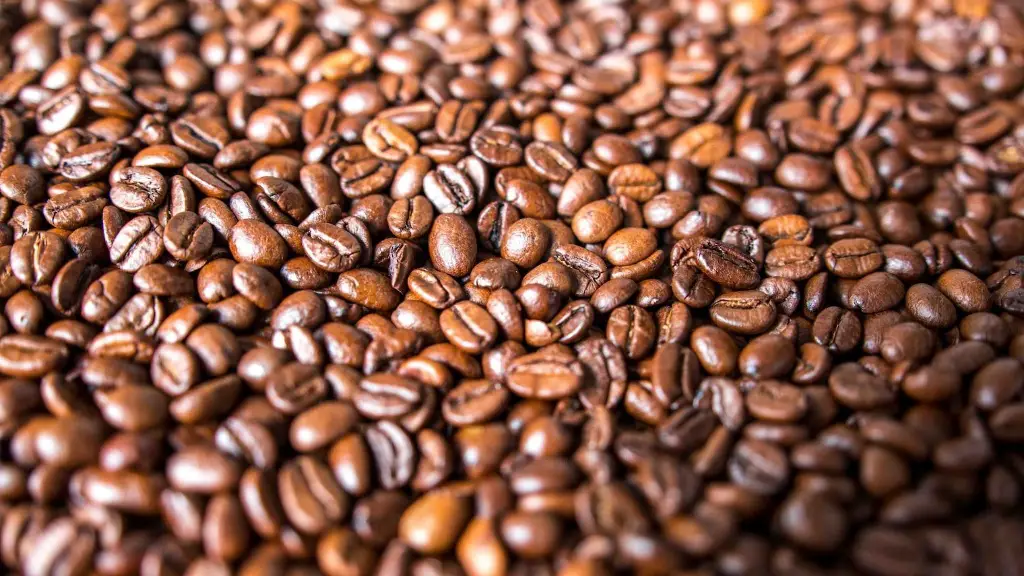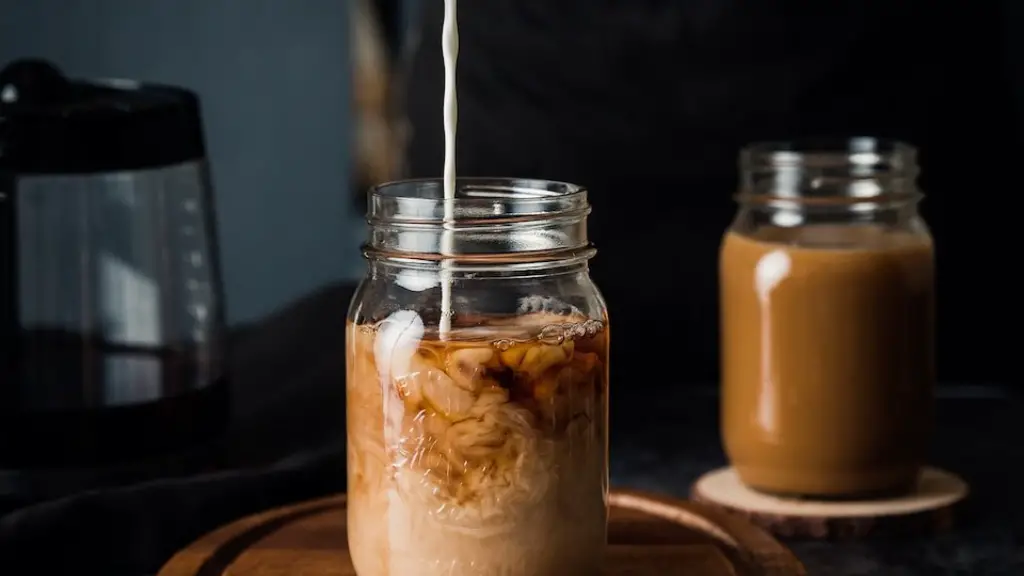What happens if you drink coffee at night
Coffee is one of the world’s most popular beverages and is enjoyed by millions of people every day. Coffee is high in caffeine and can provide an energy boost that many of us need to get through the day. There are some people, however, who believe that coffee should not be consumed in the late afternoon or evening because of its potential negative effects on sleep. In this article, we’ll discuss what happens if you drink coffee at night, and some of the potential effects it can have.
When you drink coffee late in the day or at night, the caffeine it contains can interfere with your body’s natural sleep cycle. Caffeine has a half-life of four to six hours, meaning that it will take that long for your body to metabolize half of the caffeine you’ve ingested. Drinking coffee at night can lead to difficulty falling asleep and having an overall disrupted sleep cycle.
The effects of caffeine can also be different for each individual. For some people, caffeine at night can cause restlessness, anxiety, and agitation. It can also make it more difficult to reach a state of deep, restorative sleep. For others, drinking coffee at night might cause them to feel energized and alert when they should be preparing for sleep.
Coffee is also acidic, meaning it can cause acid reflux and indigestion if consumed in the evening. This can lead to symptoms like heartburn, bloating, and discomfort, which can make it harder to sleep. Additionally, caffeine can increase urination, meaning that drinking coffee late at night can also lead to frequent trips to the bathroom and disrupted sleep.
If you’re someone who tends to have trouble sleeping or who is sensitive to caffeine, it’s best to avoid coffee at night. If you do decide to drink coffee late in the day, try to limit the amount you consume and finish your last caffeinated drink at least six hours before your bedtime. You can also consider switching to decaf coffee or tea, which will still provide you with the flavor and warmth of coffee without the effects of the caffeine.
How coffee affects mental health
Coffee can provide an energy boost and can improve focus and alertness. For some people, this can be beneficial when it comes to boosting productivity. However, drinking coffee late in the day can also have a negative effect on your mental health. Caffeine has a stimulating effect on the brain and can increase anxiety and jitteriness. This can make it more difficult to focus, concentrate, and relax. It can also worsen mental health conditions like depression and anxiety, as well as exacerbate symptoms like paranoia and mood swings.
Furthermore, if you become dependent on coffee to function, you may find yourself underperforming when it’s not available. This can become a vicious cycle as you will then require more caffeine to make up for the energy you’re lacking. If you rely too heavily on the energy boost of caffeine, it can have an overall negative impact on your mental health and wellbeing.
Overall, it’s best to limit your intake of coffee in the late afternoon and evening. Not only can this help you sleep better, but it can also help to keep your mental health in check. If you do decide to drink coffee at night, be sure to limit the amount you drink and to try to drink decaffeinated coffee instead.
The benefits of drinking coffee earlier in the day
Drinking coffee earlier in the day can provide a beneficial energy boost that can help you make it through the day energized. When consumed in moderation, coffee can be a healthy beverage and bring many possible health benefits. Studies have shown that coffee can protect against diseases like Parkinson’s and Alzheimer’s, and it can even help to reduce your risk of certain types of cancer.
Coffee can also provide a boost to your metabolism and can help to increase your focus and alertness. This can make it easier to stay productive and on-task throughout the day. Additionally, some studies have shown that coffee can have a beneficial effect on cognitive performance, meaning it can help to improve your memory, learning, and reaction time.
At the same time, however, it’s important to remember that caffeine can have a mild diuretic effect, meaning it can cause increased urination. This can lead to dehydration if you are not careful. Additionally, coffee can also be acidic, which can upset your stomach if you drink it on an empty stomach.
Overall, drinking coffee can have both positive and negative effects. It’s important to be conscious of how much coffee you drink and to try to limit your consumption to the morning and noon hours. This can help to ensure you’re getting the benefits of coffee without any of the unwanted side effects.
How to limit your consumption of coffee
If you’re someone who struggles with drinking too much coffee, there are some steps you can take to help limit your consumption. One of the easiest ways to do this is to try and drink coffee only in the morning and afternoon, as this can help limit your caffeine intake in the late afternoon and evening.
You can also try switching to decaffeinated coffee, which will still provide you with the flavor and warmth of coffee without the effects of the caffeine. Additionally, it may be helpful to try and drink more water throughout the day and less coffee. This can help you stay hydrated and decrease your desire for coffee.
If you’re struggling to reduce your coffee consumption, it may be helpful to keep track of your coffee intake. You can do this by keeping a simple log of when and how much coffee you’re drinking each day. This can help to identify your coffee triggers and allow you to make modifications in order to reduce your consumption.
Alternative drinks to coffee
If you’re looking for an alternative to coffee at night, there’s no shortage of choices. One of the most popular and widely available alternatives is herbal tea, which can provide a soothing and caffeine-free beverage. Additionally, you can also try low-caffeine options like green tea, which can provide an energy boost without the jitters.
Other options include high-protein smoothies and shakes, chia seed pudding, or even hot chocolate. These are all delicious and nutritious alternatives to coffee that can provide a burst of energy without the stimulant effects of caffeine. Experimenting with different options can help you find something that will satisfy your cravings without keeping you up all night.
The risks of drinking too much coffee
Drinking too much coffee can bring a number of risks, including addiction and physical dependence. Over-consumption of coffee can lead to increased levels of anxiety, nervousness, and agitation. It can also lead to physical symptoms like restlessness, insomnia, headaches, and stomachaches.
In addition to affecting your physical and mental health, drinking too much coffee can also have a negative impact on your heart health. Research has shown that drinking more than four cups of coffee per day is associated with an increased risk of heart disease. Therefore, it’s important to be conscious of your caffeine intake and make sure you’re not drinking too much coffee.
Finally, drinking too much coffee can lead to addiction. This can lead to a cycle of increased caffeine intake, increased dependence, and withdrawal symptoms when you try to cut back. Therefore, it’s important to practice moderation and to be aware of the risks of overconsumption.
Conclusion
It’s clear that drinking coffee at night can have some negative effects. Drinking coffee late at night can make it harder to fall asleep and can lead to disturbed sleep. Additionally, it can cause symptoms like anxiousness, agitation, and heartburn. To reduce the negative effects of coffee, it’s important to limit your evening intake or switch to decaffeinated coffee. Furthermore, be aware of the potential risks of drinking too much coffee, such as addiction and negative effects on your mental and physical health.




